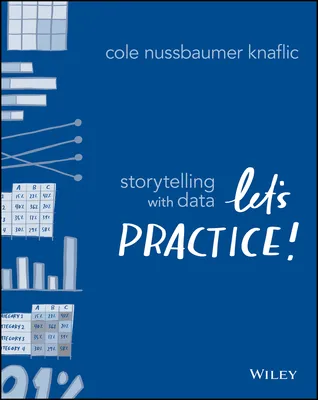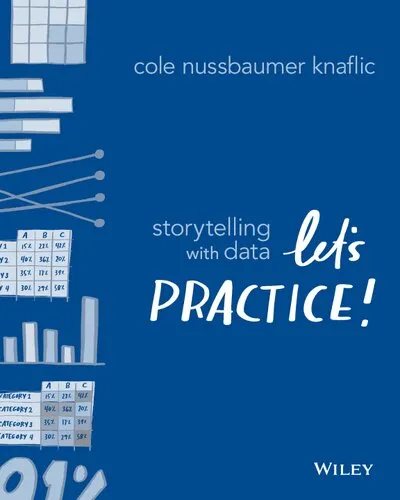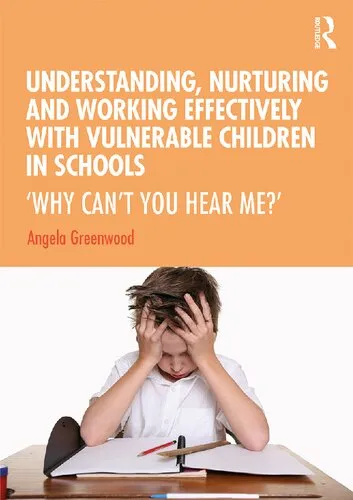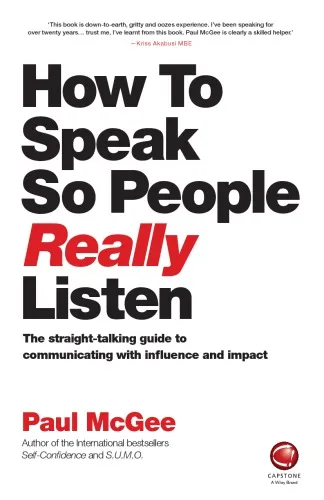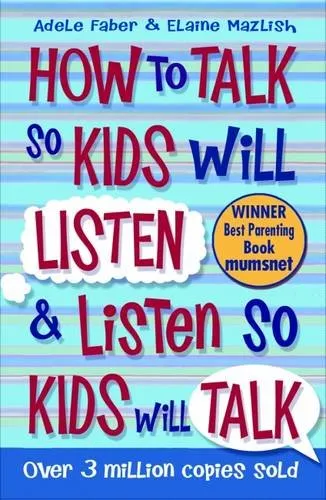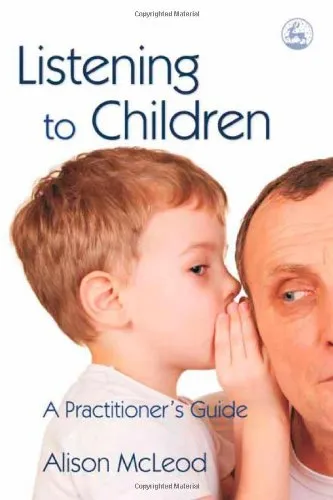Listening to Children and Young People in Healthcare Consultations
4.0
Reviews from our users

You Can Ask your questions from this book's AI after Login
Each download or ask from book AI costs 2 points. To earn more free points, please visit the Points Guide Page and complete some valuable actions.Related Refrences:
Introduction
In healthcare, communication is a cornerstone of effective patient care, yet the voices of children and young people often go unheard. "Listening to Children and Young People in Healthcare Consultations" seeks to address this gap by emphasizing the importance of empowering younger patients to express their needs, experiences, and preferences in healthcare settings. Written by Adrian Hastings and Sarah Redsell, this book serves as a critical resource for healthcare professionals, policymakers, and educators to understand how to engage with young patients in a meaningful and respectful manner.
Grounded in rigorous research and practical insights, the book provides a framework for fostering communication that acknowledges the unique vulnerabilities of children while enhancing their role as active participants in their own care. It offers valuable strategies for breaking down communication barriers, fostering trust, and ensuring that their voices are acknowledged and valued. With this book, readers can improve their approach to pediatric consultations and create a more inclusive, patient-centered healthcare experience.
Detailed Summary of the Book
"Listening to Children and Young People in Healthcare Consultations" provides a comprehensive exploration of how healthcare professionals can revolutionize dialogs with young patients. It begins by outlining the challenges that inhibit effective communication, such as developmental differences, power imbalances, and time constraints. The authors emphasize how these issues can lead to a lack of shared decision-making and disengagement, which may ultimately impact the quality of care and treatment adherence.
The book proceeds to offer strategies and techniques for creating a safe space where young patients feel comfortable expressing themselves. It draws on evidence-based examples to illustrate the benefits of involving children in consultations, such as improved health outcomes, better doctor-patient relationships, and stronger emotional well-being for young patients. Through practical case studies, the authors provide actionable principles for tailoring communication according to a child's age, cognitive abilities, and emotional state.
Additionally, the book examines the ethical dimensions of including children and young people in decision-making processes. It raises critical points about respecting autonomy and developing the skills necessary to balance parental involvement with the child's voice. Ultimately, the book offers a roadmap for engaging children in ways that are both effective and ethically sound.
Key Takeaways
- Listening to children involves more than hearing their words; it requires understanding their non-verbal cues and underlying emotions.
- Age-appropriate language and communication techniques are essential to ensure that young patients can participate confidently in healthcare consultations.
- Breaking communication barriers builds stronger trust and rapport between healthcare professionals and young patients.
- Respecting the autonomy of children and balancing it with parental input fosters a more inclusive approach to care.
- Effective communication with young people leads to better health outcomes, reduced anxiety, and an enhanced sense of control over their healthcare journeys.
Famous Quotes from the Book
"Children and young people are not passive recipients of care; they are active participants in their own health journeys."
"Listening is not just about acknowledging words—it’s about valuing emotions, context, and perspectives."
"The most meaningful healthcare consultations are those that empower young voices to shape their care."
Why This Book Matters
The significance of "Listening to Children and Young People in Healthcare Consultations" cannot be overstated. In modern healthcare, patient-centered care is a guiding principle, yet children often remain marginalized within this framework. This book makes a compelling case for a cultural shift—one that prioritizes the voices of young patients and positions them at the heart of healthcare collaborations. It advocates for a perspective where children are seen not just as patients but as individuals with valuable insights and unique needs.
By reading this book, healthcare professionals can improve their interpersonal skills and develop a deeper understanding of how to create meaningful partnerships with children and their families. It also appeals to parents, educators, and policymakers committed to ensuring that children’s rights in healthcare are upheld. Ultimately, this book equips readers with the tools to drive positive change in pediatric care practices and to bridge the communication gap that has historically underserved young patients.
Whether you are a seasoned practitioner or new to the field of pediatrics, this book serves as both a practical guide and a thought-provoking manifesto. It underscores the critical role of listening as a cornerstone of effective, compassionate, and inclusive healthcare.
Free Direct Download
You Can Download this book after Login
Accessing books through legal platforms and public libraries not only supports the rights of authors and publishers but also contributes to the sustainability of reading culture. Before downloading, please take a moment to consider these options.
Find this book on other platforms:
WorldCat helps you find books in libraries worldwide.
See ratings, reviews, and discussions on Goodreads.
Find and buy rare or used books on AbeBooks.
1294
بازدید4.0
امتیاز0
نظر98%
رضایتReviews:
4.0
Based on 0 users review
Questions & Answers
Ask questions about this book or help others by answering
No questions yet. Be the first to ask!


